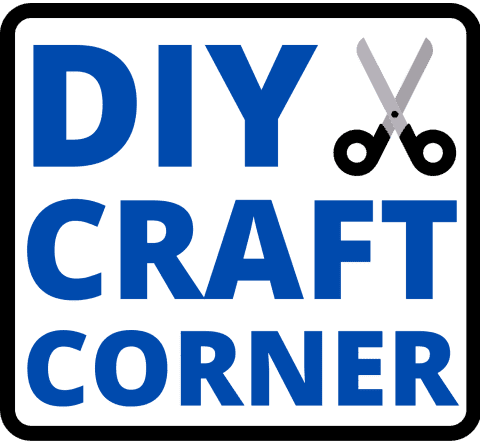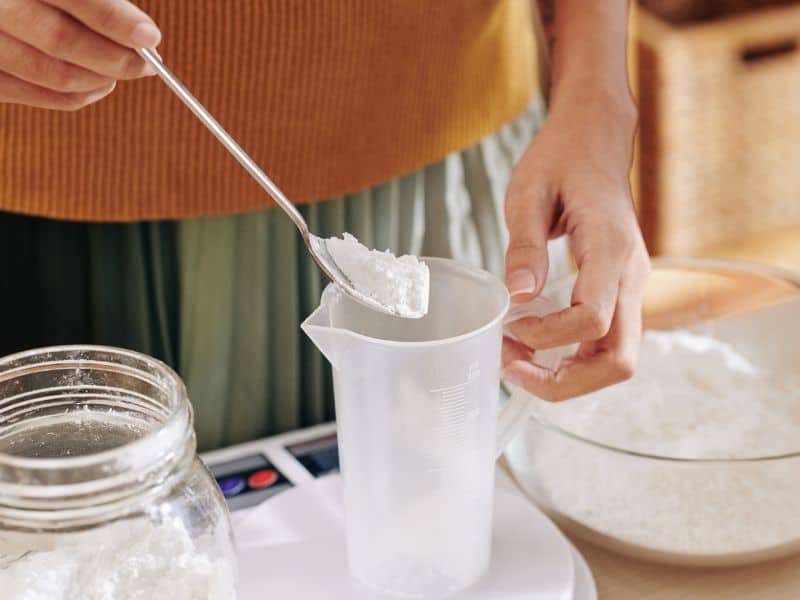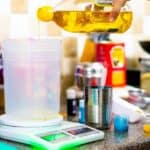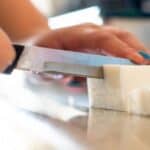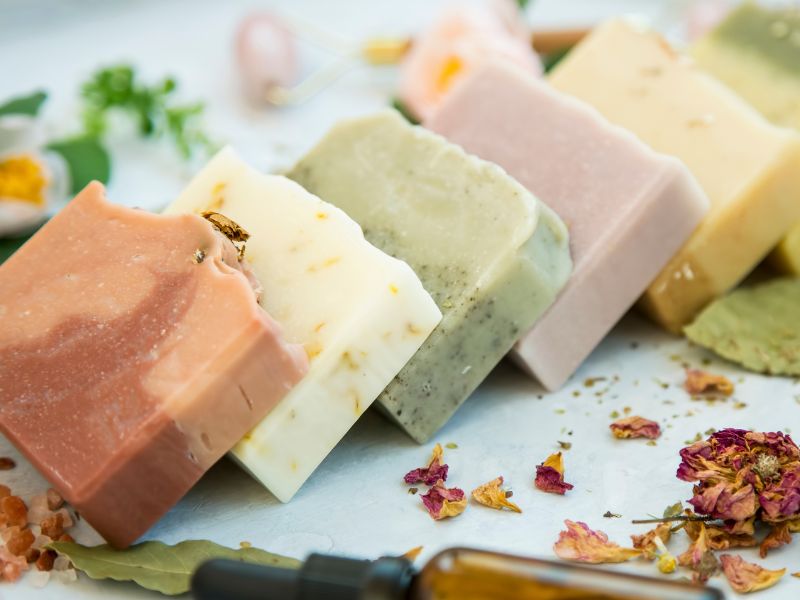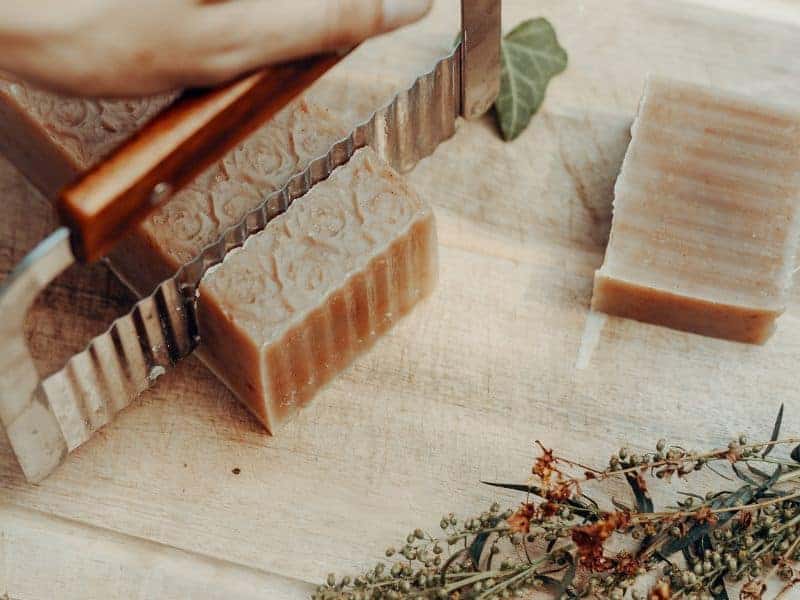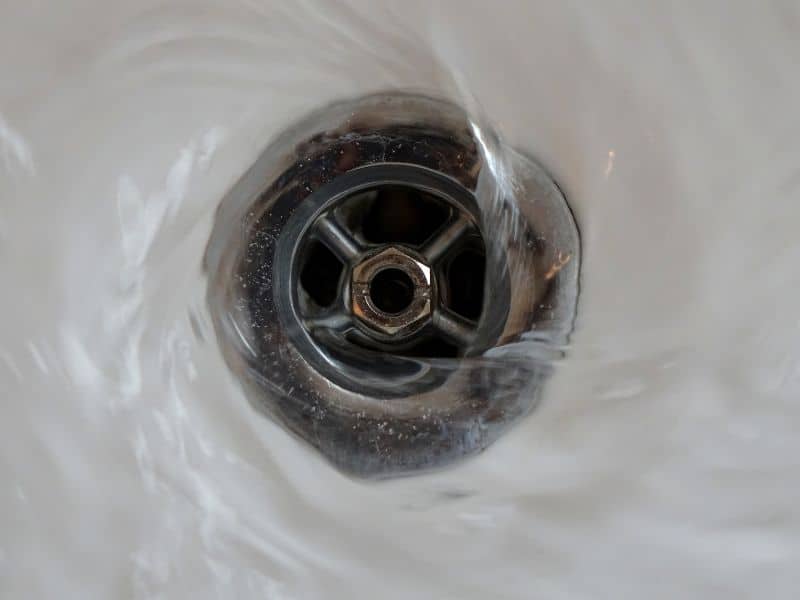Lye is an important part of soap making. Without lye, there would be no soap! Lye is a caustic material that helps to break down oils and fats so that they can be turned into soap through a process called saponification, but we will get into that more later.
First, let’s take a look at the best lye for soap making.
Best Lye For Soap Making
When you are out in the market, you will get numerous options and substances that can be used for making soaps. You also need not go to market anymore when you want to buy lye for soap making.
The lye is being sold online as well and you can buy it from the comforts of your home. It will be delivered to your doorstep.
You would want to know more about the different kinds of Lye available for making the best choice. Lye is a critical ingredient of your soap-making formula and therefore you need to pick up the best variety.
We help you in this regard by offering you certain options that are worthwhile. You can consider the lyes listed below when you want to choose the right lye for soap making.
1. Red Crown Lye (Boyer Corporation)

When you want to make a good quality soap bar, the Red Crown Lye being offered by Boyer Corporation is a high-grade option. The good-quality flakes have a uniform consistency.
The lye can be used for making a large number of soap-bar batches. The good thing is that the flakes will dissolve completely with no residues. It ensures that the highest productivity is achieved and wastages are minimized. The lye is quite popular amongst the soap makers in the USA.
The product has won some awards as well. It has convenient packaging and a wide-opening mouth to ensure that the lye can be easily used. You can combine the lye with a variety of fats (plant-based), which increases the span of your product lineup.
You can check the price of the Red Crown Lye and buy it here.
Pros
- Consistency of flakes and complete dissolution.
- A “Made in the USA” product, which ensures high quality.
- A secure and easy-to-use packaging. The wide mouth provides for easy removal of content.
- Works with a variety of plant-based fatty acids, as well as lard.
- Solid packaging and quality ingredients ensure that the product has a long shelf life.
2. Sodium Hydroxide Pure Food Grade

Create homemade soaps effortlessly with the pure, food-grade Sodium Hydroxide offered by Belle Chemical. This well-established company ensures the delivery of top-quality chemical substances in secure packaging.
The 2-pound jar of Sodium Hydroxide, also known as Caustic Soda or Lye, is perfect for crafting a variety of soaps, including hand soaps, dish soaps, and even food preparation. With a 99% assay and food-grade USP/FCC certification, you can trust the quality and consistency of this product.
Experience seamless saponification and hassle-free soap making with Belle Chemical’s Sodium Hydroxide.
You can buy and compare the soap-making flakes here.
Pros:
- Excellent saponification results.
- Easy and convenient to use.
- Comes in a sturdy, reclosable HDPE jar.
- Suitable for making various types of soaps.
- Long shelf life due to HDPE packaging, keeping the product dry for extended periods.
Cons:
- While Belle Chemical’s Sodium Hydroxide is of high quality, ensure you carefully follow the calculations and formula for perfect soap making.
3. Food Grade Sodium Hydroxide Lye

Essential Depot presents pure Sodium Hydroxide Lye in the form of consistent, evenly-sized microbeads, manufactured in the USA. This high-quality, food-grade lye comes in a secure HDPE container, ensuring a long shelf life and hassle-free use.
Unlike technical-grade lye, Essential Depot’s food-grade lye offers peace of mind as it is FDA-approved as a food additive. This Sodium Hydroxide Lye is perfect for saponifying fats and creating water-soluble, high-quality soaps.
Click here to see the latest price for this product.
Pros:
- Uniform and consistent microbeads with superior quality.
- Manufactured in top-quality, approved facilities in the USA.
- FDA-approved as a food additive.
- Secure HDPE packaging ensures long shelf life and convenient use.
- Ideal for creating quality soaps.
- Easy saponification process.
Cons:
- Manual intervention, such as stirring the solution for complete dissolution, is required when using Essential Depot’s pure Sodium Hydroxide beads for soap making.
4. Red Hot Devil Lye Sodium Hydroxide

Duda Energy offers a 50 lb pack of Red Hot Devil Lye Sodium Hydroxide, a high-quality product manufactured in the USA. This food-grade lye comes in the form of consistent microbeads and is packaged in a heavy-duty pail with a tear strip lid.
Boasting a 99+% purity level, this lye meets Food Chemical Codex specifications, providing peace of mind for those concerned about the quality of their lye. The product is also FDA-approved as a food additive, ensuring its safety for various applications.
Saponify fats and create water-soluble, high-quality soaps with this exceptional soap-making product available for purchase here.
Click here to check the latest price for this product
Pros:
- Uniform and consistent microbeads with superior quality.
- Manufactured in top-quality, approved facilities in the USA.
- FDA-approved as a food additive.
- Secure, heavy-duty packaging ensures long shelf life and hassle-free use.
- Ideal for creating quality soaps.
- Easy saponification process.
Cons:
- Manual intervention, such as stirring the solution for complete dissolution, is required when using Duda Energy’s Red Hot Devil Lye Sodium Hydroxide for soap making.
5. Sodium Hydroxide 99.9% Pure Food Grade

Florida Laboratories offers a high-quality Sodium Hydroxide Lye with 99.9% purity, manufactured in the USA. This food-grade lye comes in the form of consistent beads and is packaged in a heavy-duty resealable food-grade ziplock-type bag for convenient use.
The food-grade lye is USP-certified and provides peace of mind for those concerned about the quality of their lye. It is suitable for a variety of applications, including soap making, water treatment, and food prep cleaners. Create water-soluble, high-quality soaps by saponifying fats with this top-notch soap-making product available for purchase here.
Click here to check the latest price on this product.
Pros:
- Uniform and consistent beads with superior quality.
- Manufactured in high-quality and approved facilities in the USA.
- Food-grade USP certification.
- Secure, heavy-duty resealable packaging ensures a long shelf life and hassle-free use.
- Ideal for creating quality soaps and various other applications.
- Easy saponification process.
Cons:
- Manual intervention, such as stirring the solution for complete dissolution, is required when using Florida Laboratories’ Sodium Hydroxide Lye for soap making.
Saponification Explained
The soap solution is formed after the process of saponification. The solution used for soap making is also called “Lye”.
The lye is obtained when the sodium hydroxide beads or flakes are mixed in a liquid. This mixture will again be mixed with fats and oils and the process will be called saponification.
Sodium hydroxide is the ideal chemical and substance for making soap. It is available in the form of pellets, powder, and flakes. Certain other chemicals can also be used for soap making.
These include metal hydroxides including potassium hydroxide. The latter can be the second-best option, as they are alkaline and provide for saponification reactions.
Safety Precautions and Equipment for Handling Lye
Working with lye in soap making can be hazardous if not handled correctly, so it’s crucial to understand the importance of safety precautions and the proper equipment to protect yourself and others.
The Importance of Safety When Working with Lye Lye, or sodium hydroxide, is a highly caustic and corrosive substance that can cause burns, respiratory issues, and eye injuries if not managed properly. The saponification process requires lye to break down fats and oils, but it’s crucial to follow safety guidelines to minimize the risk of accidents or injuries during soap making.
Essential Safety Gear to Have on Hand
Before working with lye, make sure to have the following safety gear on hand:
- Protective gloves: Wear chemical-resistant gloves, such as nitrile or neoprene, to protect your hands from direct contact with lye or the lye solution.
- Safety goggles: Shield your eyes from splashes and accidental contact with lye by wearing safety goggles or a face shield.
- Long sleeves and pants: Cover your skin with long sleeves, pants, and closed-toe shoes to minimize skin exposure to lye.
- Apron: Wearing a chemical-resistant apron can help protect your clothes and skin from spills or splashes.
- Ventilation: Work in a well-ventilated area to minimize the risk of inhaling lye fumes.
How to Handle Lye Safely and Dispose of It Properly
Follow these guidelines to handle lye safely during soap making:
- Slowly add lye to water: When mixing lye with water, always add the lye to the water, not the other way around, to prevent a violent reaction. Stir the solution gently to avoid splashing.
- Neutralize lye spills: If lye spills on a surface, neutralize it with vinegar or a solution of water and citric acid before cleaning it up with a cloth or paper towels.
- Store lye securely: Keep lye in a tightly sealed container, clearly labeled, and stored away from children and pets.
- Dispose of lye responsibly: Neutralize leftover lye solutions with vinegar or citric acid and pour the resulting liquid down the drain, followed by plenty of water. Never pour undiluted lye down the drain or into the environment.
By understanding the importance of safety when working with lye, equipping yourself with the right protective gear, and following safe handling and disposal practices, you can minimize risks and enjoy a safer soap making experience.
Frequently Asked Questions
The best lye for soap making would be one that is high quality and consistent. It should be easy to work with and safe for humans.
Sodium hydroxide is more commonly used in soap making as it is more readily available. Potassium hydroxide can also be used, but it is not as common.
Some pros of using lye for soap making include that it is easy to work with and can be easily saponified. Some cons of using lye include that it can be dangerous if not handled correctly and can cause skin irritation.
Some other chemicals that can be used for soap making include metal hydroxides and potassium hydroxide.
Saponification is the process of mixing sodium hydroxide with fats and oils to create soap. This mixture will then be mixed with water to create a soap solution.
Conclusion
In conclusion, soap making can be a fun and rewarding hobby. Using the right lye is essential for creating a high-quality soap. Sodium hydroxide is the best lye for soap making as it is easy to work with and provides a high-quality product.
It is important to handle sodium hydroxide with care, as it can be dangerous if not handled correctly. Other chemicals that can be used for soap making include potassium hydroxide and metal hydroxides.
